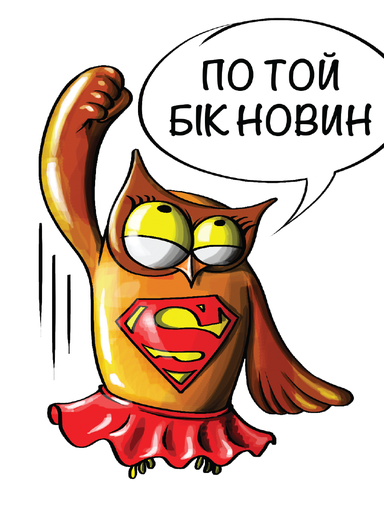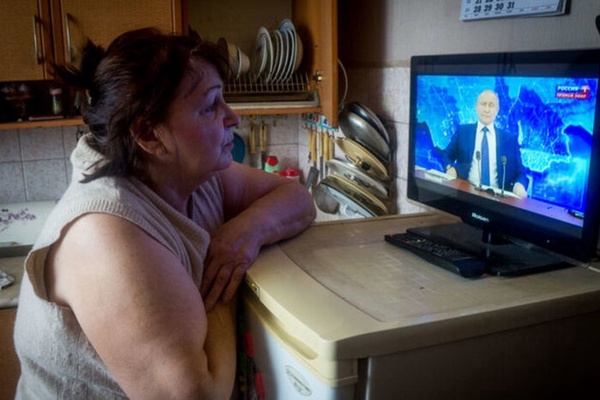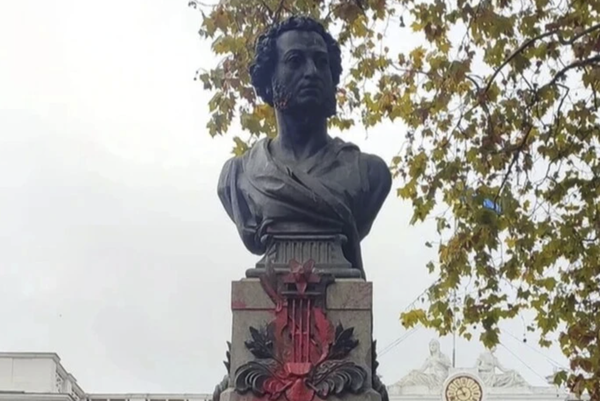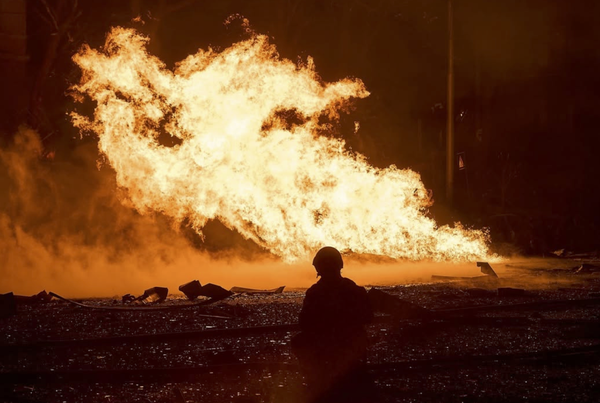“Fake news spreads six times faster than the truth?”
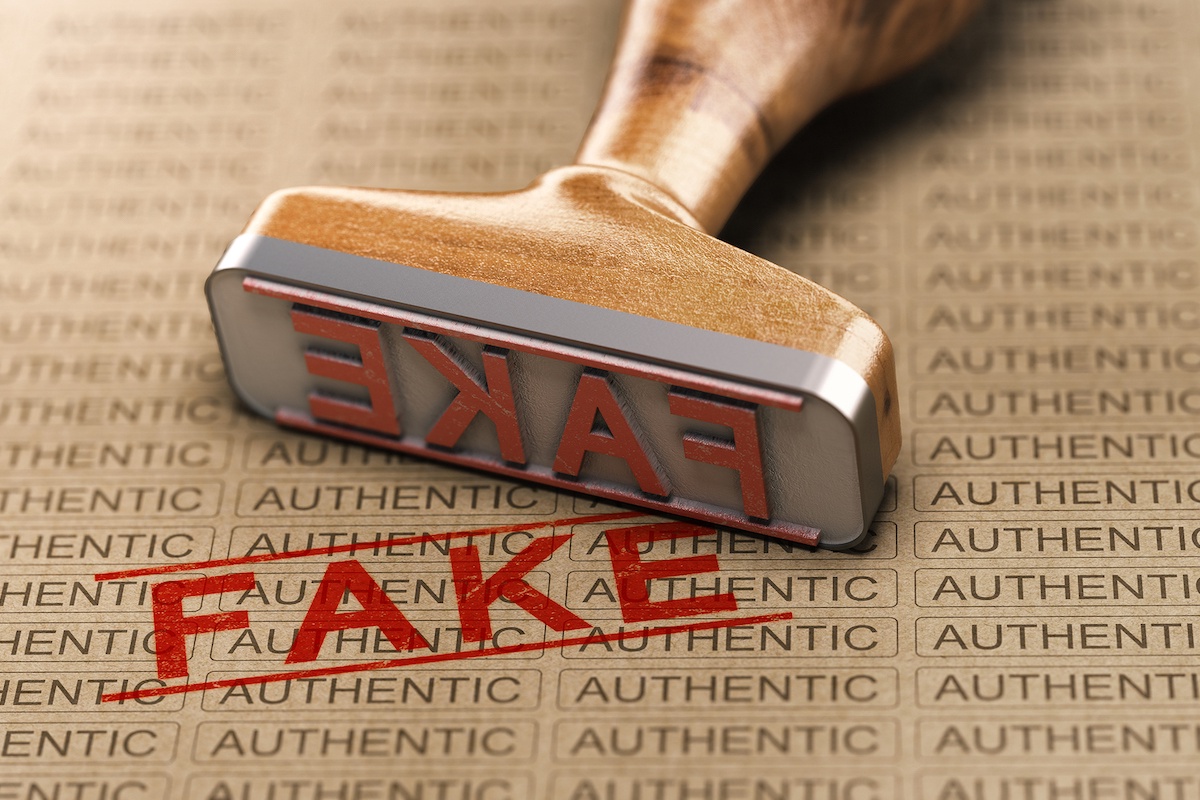
This statement, which has become almost a mantra, appears periodically on various websites related to media literacy and critical thinking. It’s usually presented in a primitive way and with no explanation of the context. It was legitimized and disseminated by a 2018 research study conducted by MIT scientists.
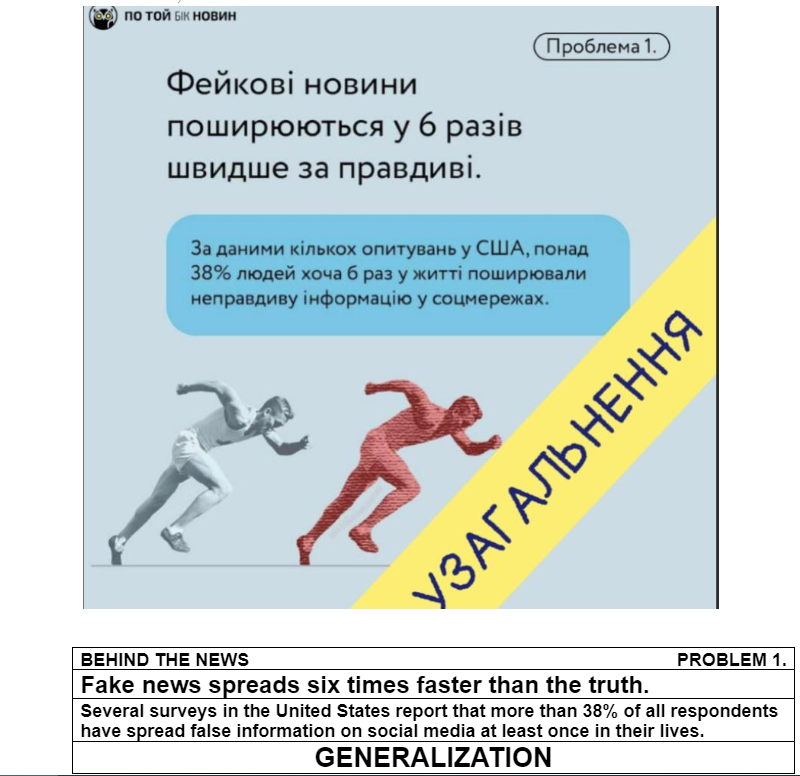
Their study does indeed mention that “fake news spreads six times faster” and even 20 times faster... As soon as the paper was published in Science, the conclusions were picked up by different media outlets and disseminated among the masses, making incorrect generalizations of the same conclusions. The popular movie - The Social Dilemma - also made a mark.
It’s interesting to note that, after the dissemination of such headlines as “Fake news spreads six times faster than the truth” or “Lies spread faster than the truth”, the researchers responded and recognized the limitations of their work, clarifying that it was wrong to spread such generalizations. Ironically, and as is always the case, they were not heard. The mantra continued to spread.
We must remember that, when interpreting a particular study, we should always refer to the data mentioned in the study itself, and be extremely careful about including other information. This rule applies in this case as well.
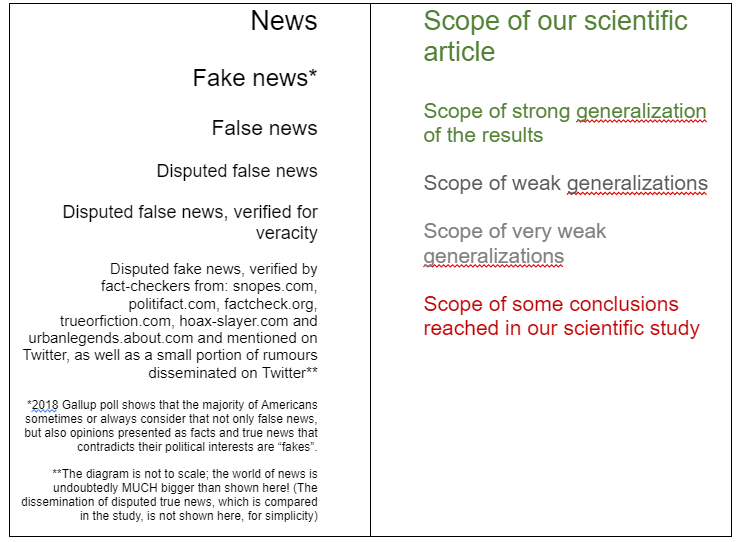
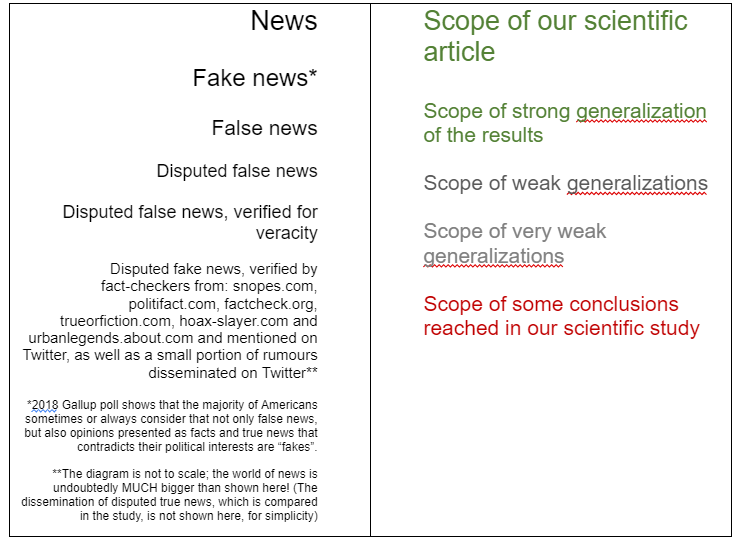
Firstly
Researcher Soroush Vosoughi and his colleagues didn’t analyse the dissemination of true and fake statements on the Internet. Their studies used data that had been filtered by six fact-checking sites. Roughly speaking, it compared statements that were verified on fact-checking sites and found to be fake with statements that were verified on fact-checking sites and found to be true.
Of course, this is but a small part of the huge volume of statements, which has its own features, for example, it doesn’t include such obviously true and viral news as “Zelensky became President of Ukraine”, “Ukraine’s national team beat Sweden 2-1” or “The movie Inception won an Oscar”. No one will fact-check such news. So, such statements weren’t included in the study, but they occupy the lion’s share of the information ecosystem.
Secondly
The “fake” version contained statements that were rated as more novel/outlandish/disgusting than statements from the “true” version. Therefore, it’s legitimate to assume that sensationalism, ideological slant, tendency to spark conversation, etc., rather than true/false dichotomy impacts the virality of information (virality = tendency of content to be circulated rapidly and widely).
Thirdly
Researchers analysed Twitter data only. They didn’t refer to any other information from other social networks. Only re-tweets were taken into account, and the study didn’t consider link sharing or rumour transmission during conversations.
It would be something out of a mystical realm, if people disseminated information based on truthfulness or falsity. At the very least, we would have a reliable criterion, which would help us identify falsehoods in information space.
After the statement that “Fake news spreads six times faster than the truth”, a terrifying rhetorical question arose in the movie The Social Dilemma: “What will the world look like when someone has a six-fold advantage over another?” It’s terrifying because it imposes on the audience the illusion of hopelessness and the existence of a kind of constant in the information universe.
But, the good thing is that reality is totally different and much more complicated. If you bought ten apples and wrote on a social network that you had bought only nine, it’s very unlikely that this false statement would accelerate the dissemination of this information or increase your audience reach ![]()
Fact-checker: Dmytro Filipchuk

